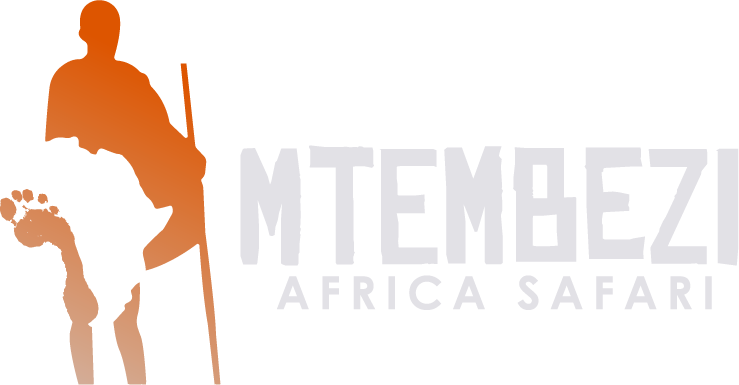Tour Overview
The Umbwe Route is known for being the most challenging path to the summit, characterized by its steep and strenuous ascent through dense jungle. In some sections, climbers use tree roots as makeshift rungs to navigate the vertical terrain. Due to the high risks associated with the Arrow Glacier camp and summiting via the Western Breach, our standard Umbwe route hikes are re-routed to join the Machame route from the second night on the mountain.
For those seeking a more adventurous experience, we can arrange special requests for Umbwe route hikes attempting to summit via the Western Breach/Arrow Glacier path and overnighting at the Crater camp. This option is available through our higher quality Standard packages and comes with an additional supplement rate.
The main difference between the 6-day and 7-day Umbwe routes is the inclusion of an extra acclimatization day at Barranco camp.
Tips:
- Crater camping is possible with an extra day and additional costs.
- Enjoy the scenic Kilimanjaro trail.
- Experience the challenge of crossing the Barranco Wall.
Detailed Itinerary
Day 1: Arrival at Kilimanjaro Int. Airport for your climb
Day 2: Umbwe Gate (1614m) – Umbwe Cave camp (2850m)
Day 3: Umbwe Cave camp (2850m) – Barranco camp (3985m)
Day 4: Barranco camp (3985m) – Karanga Camp (4040m)
Day 5: Karanga camp (4040m) – Barafu camp (4681m)
Day 6: Summit Attempt- Mweka
Day 7: Mweka camp (3090m) – Mweka Gate (1641m)
Price Inclusions
| Included | Excluded |
|
|
